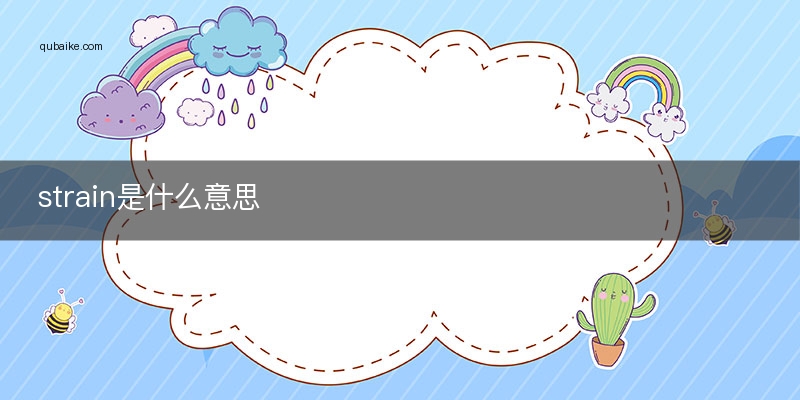
"she endured the stresses and strains of life" "he presided over the economy during the period of the greatest stress and danger"
"she was humming an air from Beethoven"
"his responsibilities were a constant strain" "the mental strain of staying alert hour after hour was too much for him"
"he experimented on a particular breed of white rats" "he created a new strain of sheep"
"a new strain of microorganisms"
"although I disagreed with him I could follow the tenor of his argument"
"with a shout and a song they marched up to the gates"
"straining our ears to hear"
"You are trying my patience!"
"He really extended himself when he climbed Kilimanjaro" "Don't strain your mind too much"
"sift the flour"
"he got a phone call from his lawyer that tensed him up"
"the bodybuilder's neck muscles tensed;" "the rope strained when the weight was attached"
"filter out the impurities"
"puree the vegetables for the baby"
"His body was deformed by leprosy"